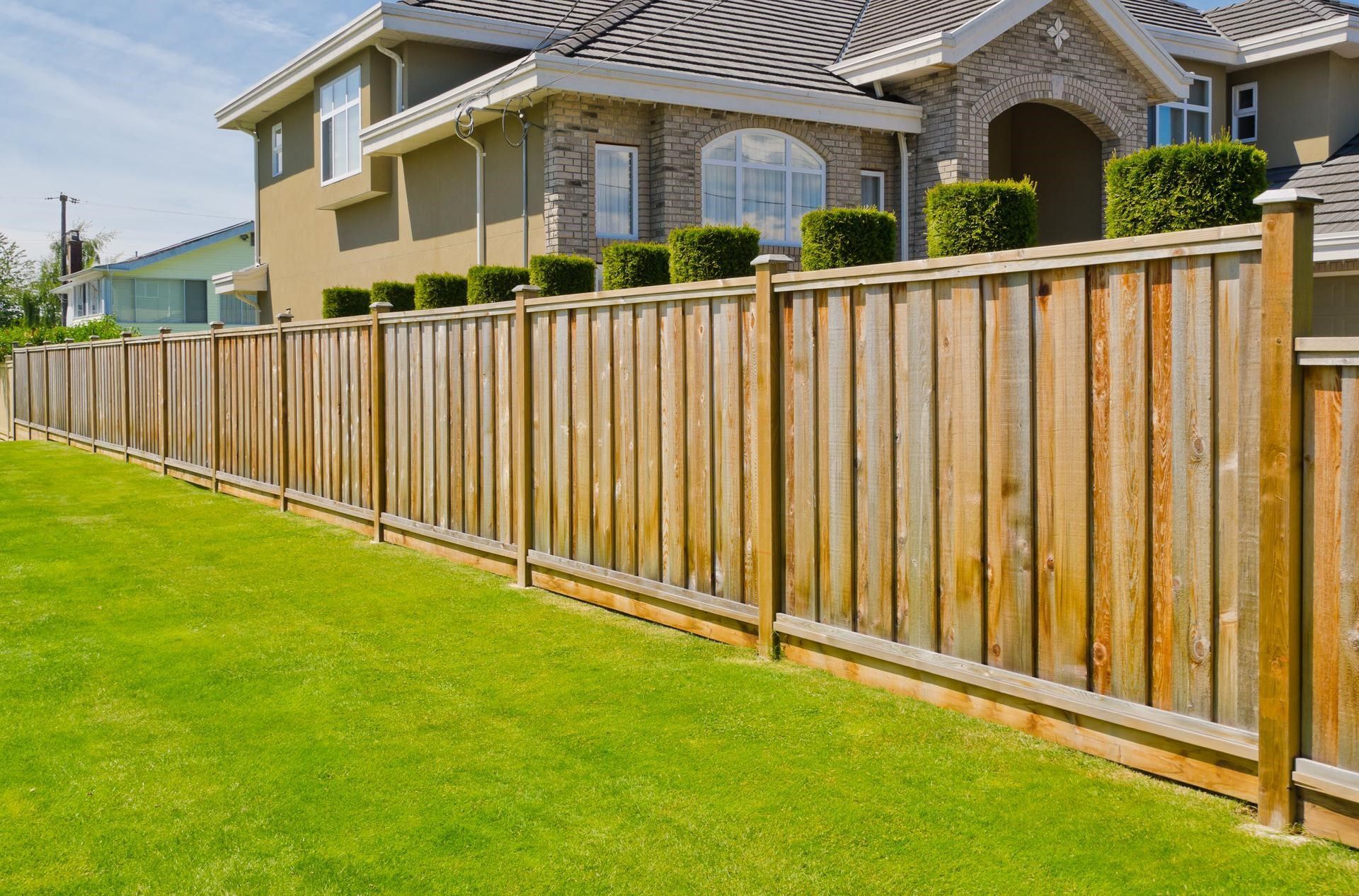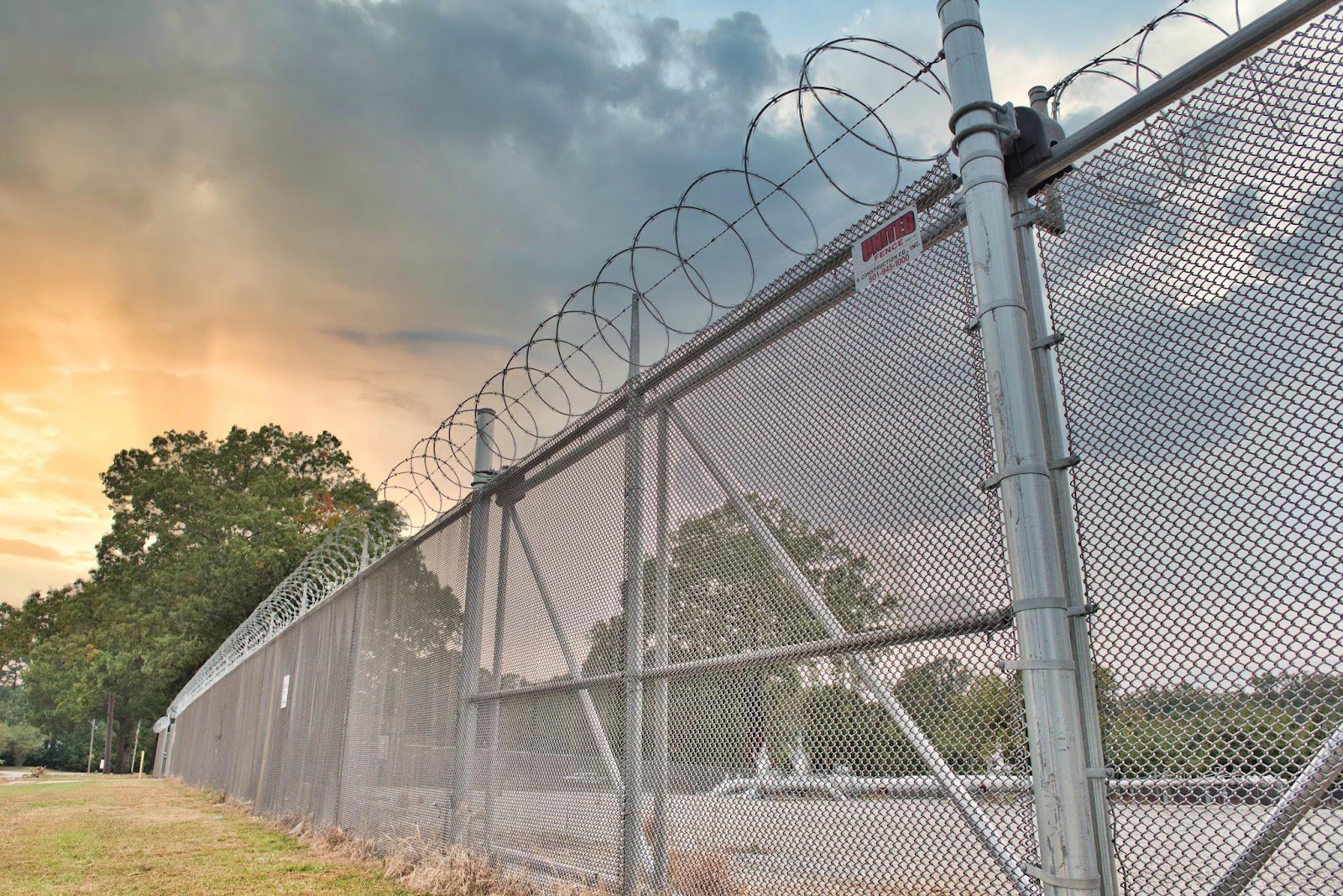All Categories
Featured
When taking into consideration fencing for your residential property, durability is a leading concern. Wrought iron is commonly chosen for its remarkable durability, but exactly how does it compare to various other typical fencing materials, such as aluminum, wood, and plastic?
Wrought Iron: The Reputable and strong Choice. One of the major benefits of wrought iron is its resistance to damage from insects, rot, or weathering, which are usual issues with timber fencings. Unlike timber, functioned iron will not warp, split, or degeneration over time, making it a perfect selection for homeowners that want a durable, low-maintenance fencing.
![]()
While functioned iron does require some periodic maintenance to prevent rust, it is typically easy to look after and can last for years if kept effectively. A properly maintained functioned iron fence can last 50 years or longer, supplying enduring value and defense for your property.
Wood Fence: A Classic however High-Maintenance Choice. Wood is susceptible to several concerns that impact its resilience, including decomposing, bending, and termite damages. While a timber fencing can last anywhere from 10 to 30 years depending on the kind of wood and upkeep, it requires frequent upkeep, consisting of securing, discoloration, or paint to protect it from the elements.
Wood fencings are also more prone to physical damage, such as splintering or splitting under stress. If you're trying to find a fence that is low-maintenance and can withstand severe climate and deterioration, functioned iron is a more durable option to wood.
Vinyl Fence: Low Upkeep yet Less Strength. While plastic is immune to numerous aspects, it is not as strong as wrought iron. Plastic can fracture or come to be breakable in exceptionally cold temperature levels and may not be able to endure the impact of an accident or hefty winds as well as wrought iron.
Plastic fence normally lasts in between 20 and three decades, and although it does not require as much upkeep as wood, it doesn't have the very same durable toughness that functioned iron deals. Wrought iron is the extra trusted alternative. if sturdiness under extreme conditions is your concern.
![]()
Aluminum Fence: A Lightweight and Resilient Different. Aluminum fence is a lighter alternative to functioned iron, offering comparable benefits in regards to reduced maintenance and resistance to rust. Light weight aluminum won't rot, rust, or warp, and it can last 20 to three decades or even more with very little treatment. Aluminum is not as strong as wrought iron and can be more easily damaged by impacts, making it less suitable for high-security or high-traffic locations.
While aluminum is more inexpensive and simpler to set up than wrought iron, it doesn't use the very same degree of longevity or impact resistance. For those who desire a strong, lasting fence that provides protection and longevity, functioned iron remains the exceptional choice.
Conclusion: Wrought Iron for Ultimate Sturdiness. In the fight for durability, functioned iron consistently outmatches other products like plastic, light weight aluminum, and timber. Its capacity to withstand physical damage, harsh weather, and the test of time makes it among one of the most trusted fence options available. While wood calls for significant maintenance, vinyl and aluminum are not as solid as wrought iron and might not offer the very same long-term sturdiness.
For homeowners looking for a fencing that integrates strength, protection, and timeless beauty, wrought iron is an exceptional investment. With correct treatment, a wrought iron fence can last a lifetime, adding worth and safety and security to your home while enhancing its general visual appeal.
Wrought Iron: The Reputable and strong Choice. One of the major benefits of wrought iron is its resistance to damage from insects, rot, or weathering, which are usual issues with timber fencings. Unlike timber, functioned iron will not warp, split, or degeneration over time, making it a perfect selection for homeowners that want a durable, low-maintenance fencing.

While functioned iron does require some periodic maintenance to prevent rust, it is typically easy to look after and can last for years if kept effectively. A properly maintained functioned iron fence can last 50 years or longer, supplying enduring value and defense for your property.
Wood Fence: A Classic however High-Maintenance Choice. Wood is susceptible to several concerns that impact its resilience, including decomposing, bending, and termite damages. While a timber fencing can last anywhere from 10 to 30 years depending on the kind of wood and upkeep, it requires frequent upkeep, consisting of securing, discoloration, or paint to protect it from the elements.
Wood fencings are also more prone to physical damage, such as splintering or splitting under stress. If you're trying to find a fence that is low-maintenance and can withstand severe climate and deterioration, functioned iron is a more durable option to wood.
Vinyl Fence: Low Upkeep yet Less Strength. While plastic is immune to numerous aspects, it is not as strong as wrought iron. Plastic can fracture or come to be breakable in exceptionally cold temperature levels and may not be able to endure the impact of an accident or hefty winds as well as wrought iron.
Plastic fence normally lasts in between 20 and three decades, and although it does not require as much upkeep as wood, it doesn't have the very same durable toughness that functioned iron deals. Wrought iron is the extra trusted alternative. if sturdiness under extreme conditions is your concern.

Aluminum Fence: A Lightweight and Resilient Different. Aluminum fence is a lighter alternative to functioned iron, offering comparable benefits in regards to reduced maintenance and resistance to rust. Light weight aluminum won't rot, rust, or warp, and it can last 20 to three decades or even more with very little treatment. Aluminum is not as strong as wrought iron and can be more easily damaged by impacts, making it less suitable for high-security or high-traffic locations.
While aluminum is more inexpensive and simpler to set up than wrought iron, it doesn't use the very same degree of longevity or impact resistance. For those who desire a strong, lasting fence that provides protection and longevity, functioned iron remains the exceptional choice.
Conclusion: Wrought Iron for Ultimate Sturdiness. In the fight for durability, functioned iron consistently outmatches other products like plastic, light weight aluminum, and timber. Its capacity to withstand physical damage, harsh weather, and the test of time makes it among one of the most trusted fence options available. While wood calls for significant maintenance, vinyl and aluminum are not as solid as wrought iron and might not offer the very same long-term sturdiness.
For homeowners looking for a fencing that integrates strength, protection, and timeless beauty, wrought iron is an exceptional investment. With correct treatment, a wrought iron fence can last a lifetime, adding worth and safety and security to your home while enhancing its general visual appeal.
Latest Posts
Explore the Top Auto Repair Deals in Montclare, Chicago
Published May 23, 25
1 min read
Signs When Your Car Needs Professional Auto Repair at Montclare Auto Repair
Published May 23, 25
1 min read
Discover Cut Costs on Car Maintenance with Montclare Auto Repair’s Special Deals
Published May 22, 25
1 min read
More
Latest Posts
Explore the Top Auto Repair Deals in Montclare, Chicago
Published May 23, 25
1 min read
Signs When Your Car Needs Professional Auto Repair at Montclare Auto Repair
Published May 23, 25
1 min read
Discover Cut Costs on Car Maintenance with Montclare Auto Repair’s Special Deals
Published May 22, 25
1 min read